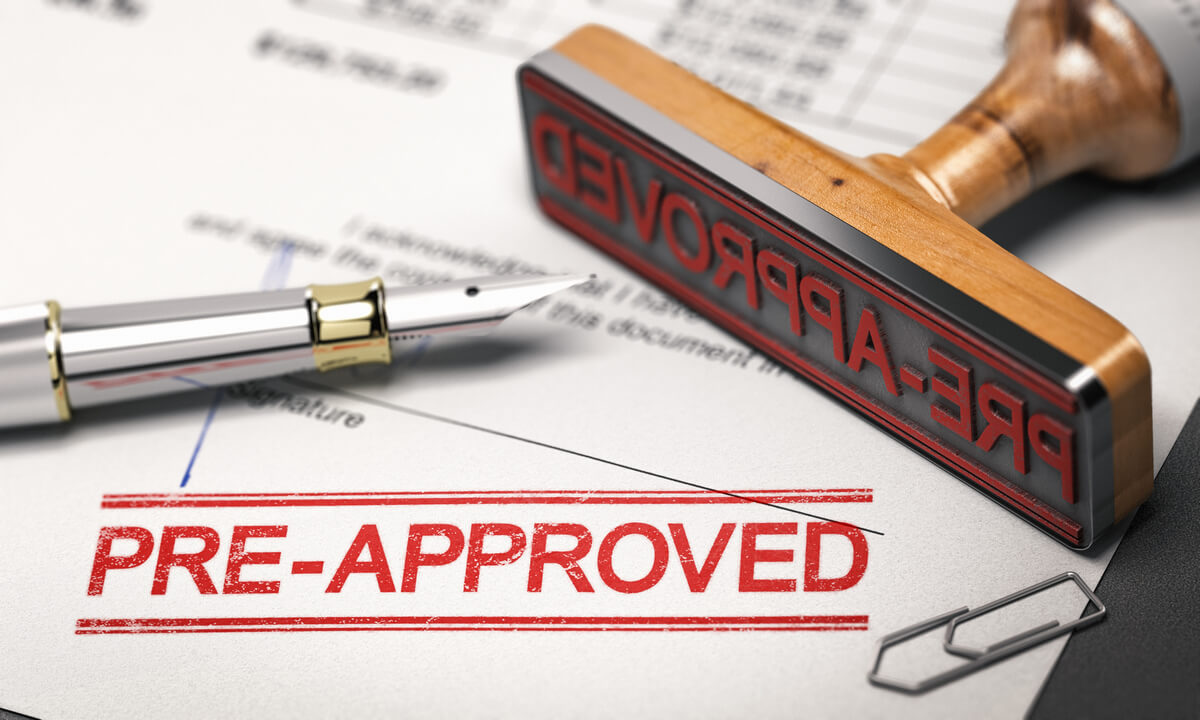Selling your home is always stressful, and selling to a friend or family member may cause even more challenges. In some situations, selling to your friend is a great choice for both parties. You can skip the staging and showings, and you know that the buyer is someone you trust.
Mixing business and personal relationships is risky, though, so you should approach the situation carefully. Without planning and taking precautions, your real estate transaction could damage the relationship.
Here are 9 dos and don’ts if you’re planning to sell your home to a friend:

1. Do: Hire a real estate agent..
Because you’re selling to a friend, you may be tempted to go through the process without a real estate agent. No matter who your buyer is, though, a real estate agent is a key figure in the transaction.
Your agent is a neutral third party who can help you navigate disagreements or problems along the way. They also are there to guide you through the legal and financial process. Real estate transactions are complicated, and selling your home without the help of a professional could lead to misunderstandings or oversights.
Selling through a real estate agent also ensures you get the best value for your home, and you’re not missing out on additional dollars your home is worth on the market.

2. Don’t: Be secretive about your relationship.
Transparency is key when you’re selling your home to a friend. Don’t be secretive about the fact that you’re friends with the buyer. Being open about your friendship will help both of you get the best possible deal.
Tell your real estate agent right away that you’re planning to sell to your friend. You should also tell the transaction broker, attorney, and the other parties involved in the sale.

3. Don’t: Offer a steep discount.
You may want to help your friend or family member by giving them a big discount on the home, but be wary of taking a loss. A small discount can be a kind and worthwhile gesture to your friend.
However, you shouldn’t sell for such a low price that you can’t pay off your mortgage or put enough down on your new home. Not only is this bad for your finances, but it could cause feelings of resentment toward your friend or family member in the future.
Selling below market price can cause problems for the buyer, too. The IRS considers a discount of more than $15,000 to be a gift, and they’ll expect your friend to pay taxes on that value.

4. Do: Request that your friend get pre-approved.
Regardless of how close you are with the buyer, they’ll still need to be approved for the mortgage before they can purchase your home. You don’t want to go through all of the steps of selling your home only to have your friend be denied at the last minute.
Pre-approval ensures that they will qualify for the mortgage, which can help both of you feel more confident as you begin the process.
Getting pre-qualified for a mortgage is quick and easy. All your friend has to do is visit the lender’s office for an income and credit check. If they meet the qualifications, they’ll get a pre-qualification letter that proves their eligibility.

5. Don’t: Disclose your financial details.
Transparency between you and your friend is important to avoid conflict during the transaction, but you don’t need to know everything about their financial history. You’ll see your friend’s pre-qualification letter, but you don’t have to view their other financial details.
Everything else can stay between the buyer and the lender. Your realtor and the other professionals involved can also help facilitate the process without disclosing sensitive financial information.

6. Do: Consider future problems.
Your friend or family member may assume that they know everything about the house, especially if they’ve spent a lot of time in it. When problems arise, though, they might feel cheated.
If you’re aware of any problems in the house, be honest with the buyer. Tell them how old the appliances are and whether or not you anticipate any repairs in the near future. Transparency about the state of the home is critical for you to maintain a good relationship with the buyer

7. Don’t: Skip the inspection.
The home inspection is an important part of the process as it allows for negotiation and transparency. Even if you’re completely honest about the damage or repairs you know about, there may be some problems with the home that you’re not aware of.
Your friend has the right to ask for repairs or request a price reduction. Sometimes, negotiating in this way with a friend or family member feels awkward. However, it’s far better for your relationship to work out these issues before the transaction takes place.

8. Do: Get every agreement in writing.
When you sell to a friend, you may feel like you don’t need every detail in writing because you trust them and their intentions. A verbal agreement doesn’t mean anything in the eyes of the law, though, so it’s wise to get everything in writing. This will clarify all the details of the transaction so that there are no misunderstandings or miscommunications.

9. Don’t: Complete paperwork without a professional.
Selling your home requires a great deal of legal and financial paperwork. Even if you and your friend are on the same page, you should have a realtor and a lawyer help with the documentation.
Without a professional present, you could overlook crucial details in the agreement, which will lead to serious legal trouble. Working with a professional will save you time and effort, too, as you won’t have to research or prepare the documents on your own.
As long as you approach the transaction with all the typical precautions, both you and your friend should be happy with the deal. You’ll save time by selling to your friend, and you’ll know that your home is in good hands. By being transparent, working with professionals, and following the normal protocol, you can ensure that you stay friends after the sale.



